„Ánægja með það sem er – ið gamla, er andlegur dauði“: af hugmyndum og félagsskap íslenskra róttæklinga í Manitoba við upphaf 20. aldar.
Year:
Pages:
DOI:
IDEOLOGY AND SOCIAL INTERACTION OF RADICAL ICELANDIC IMMIGRANTS TO MANITOBA DURING THE EARLY 20TH CENTURY
In the early years of the twentieth century, a small, diverse, very vocal group of political radicals ignited bitter debates within the Icelandic immigrant community in North America. The radicals’ insistence that Canadian political culture and social structure were fundamentally flawed and in need of sweeping reform, if not revolutionary change, upset the dominant discourse among Icelandic immigrant leaders, who keenly maintained a “model-immigrant” image of the Icelanders as morally pristine and politically moderate.
In part, this article analyses the ideas which the radicals proposed, as well as their socio-political context. Their ideas ranged from anarchism and free love to a moderate form of socialism and populist direct democracy. What bound these radicals together — aside from an emphasis on moral, political and social reform — was their Icelandic background and their status as immigrants in a polyglot, highly inegalitarian country radically different from their country of origin. Their status as immigrants with a specific cultural background and also as radicals at odds with most of their Icelandic peers encouraged them to create their own autonomous space, radical “havens” both culturally and politically specific to their unique worldviews. To that end, they established journals and newspapers as well as discussion clubs like the nominally apolitical Hagyrðingafélag (poets’ club). In addition, they found a haven within the Unitarian church, which thereby functioned both as a platform for political and social (as well as religious) debates and as a crucial hub of social life.
In addition, the article analyses the role which ideology played in the radicals adapting to immigrant life in Canada / North America. Acculturation always tends to cause contention, and the critical positions adopted by Icelandic immigrant radicals towards Canadian society and politics involved both resistance to unconditional assimilation within Canadian laissez-faire liberal democracy and a self-created form of “acculturation-through-participation”. These radicals repeatedly stated their desire to become “useful” citizens in their adopted homeland, and by positioning themselves on the radical left of the political spectrum they did so on their own terms.
These radicals have frequently been marginalized in historical writing on Icelandic immigration to North America. They were either excluded or, perhaps more commonly, co-opted and whitewashed in histories which have tended to portray a “model-immigrant” version of Icelanders immigrating to Canada and North America. This historiographical tendency has however declined in recent years in favour of deeper criticism that incorporates theoretical and methodological insights from recent migrant and ethnic studies, historical or otherwise. This article is intended as a contribution to this current reconfiguration of “Western- Icelandic” historiography.

